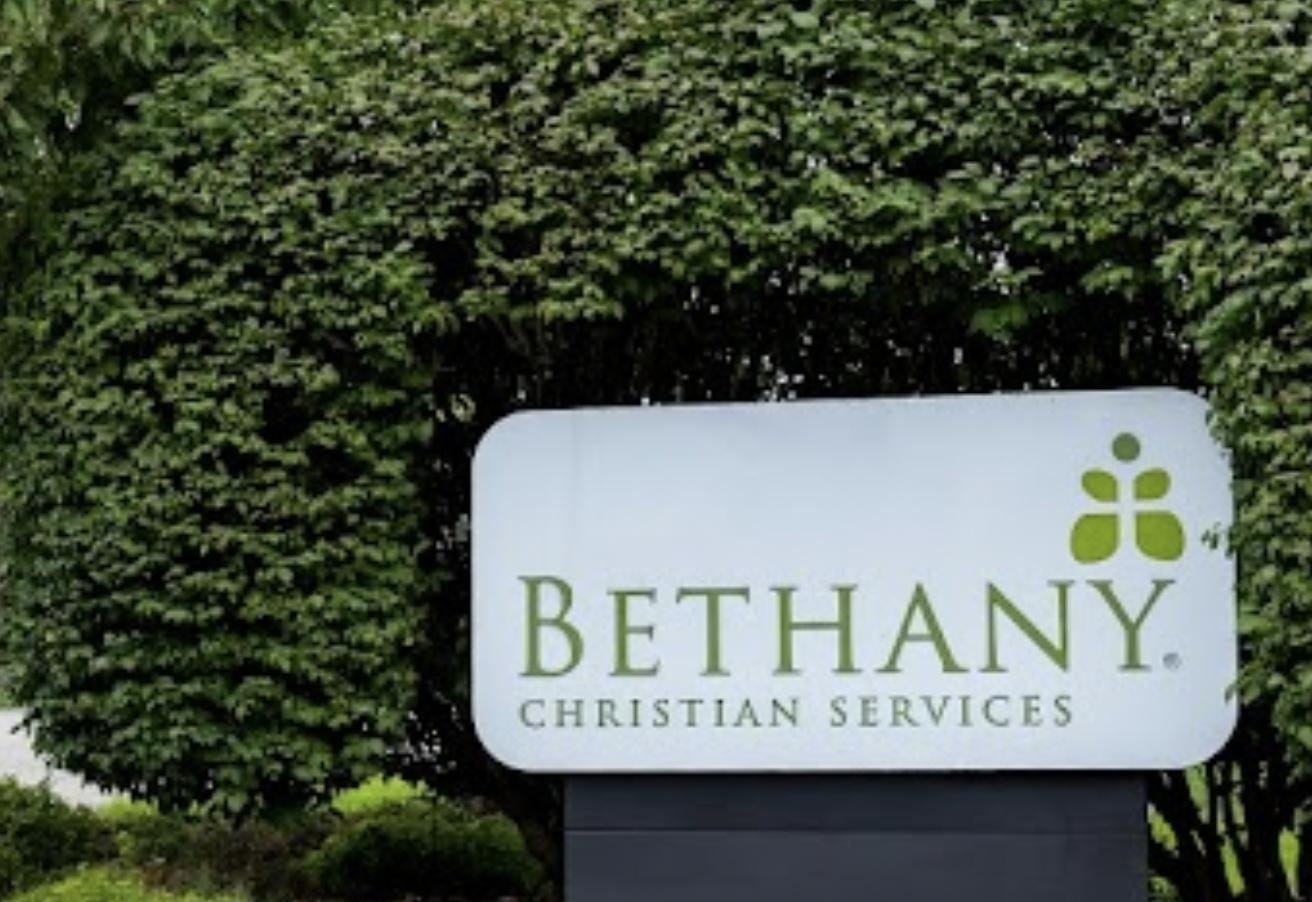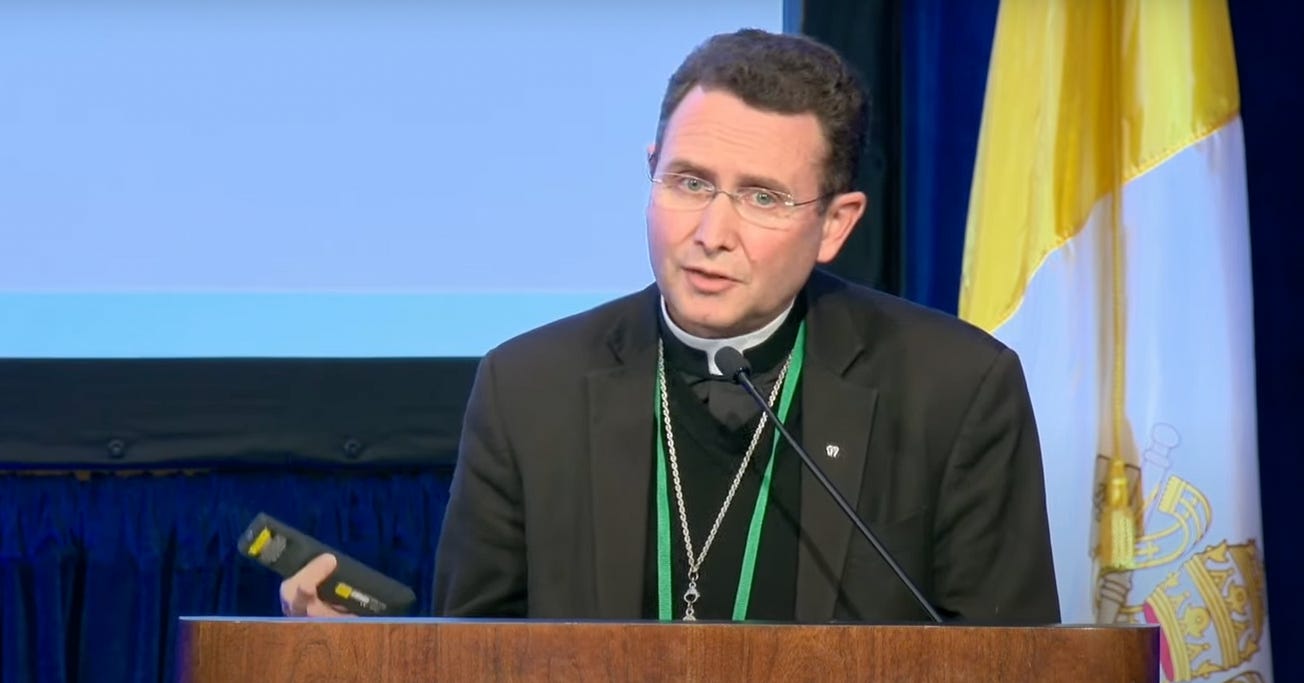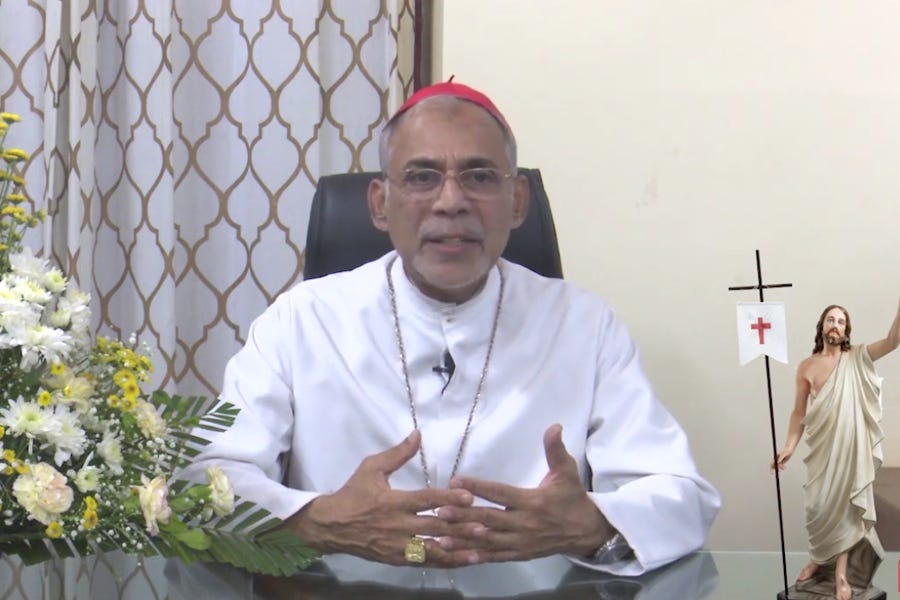How’s this for a complicated bit of ecumenism: The federal government is facing a lawsuit because a Protestant foster care and adoption agency says it is bound by Catholic policies on foster care placement, as part of the terms of a federal grant allocation administered through the United States Conference of Catholic Bishops.
The lawsuit was filed in federal court last month by Tennessee resident Kelly Easter, who says she was rejected as a foster parent by a local branch of Bethany Christian Services because of her sexual orientation; Easter identifies as a lesbian.
The suit implicitly challenges the USCCB's ability to administer federal grants while upholding its own religious policies. It could define the extent to which religious institutions receiving or administering federal grants maintain religious exemptions to federal anti-discrimination policies.
Easter argues that the federal agencies — including the Department for Health and Human Services, Office of Refugee Resettlement, the Administration for Children and Families — failed to protect her from discrimination in the way government funding is allocated.
Even after Bethany ended its own national policy of not placing children with same-sex couples, Easter says the agency told her it still could not accept her as a foster parent because its grant funding comes through the USCCB, and obliged the agency to follow Catholic policies on the matter.
The agency was the subject of a 2018 Philadelphia Inquirer article on local agencies which did not place children with same-sex couples. The city’s response to that article, which dropped Bethany and Catholic Social Services from the city’s list of approved providers, led to the Supreme Court case Fulton v City of Philadelphia.
In that case justices unanimously found in favor of Catholic Social Services, which was excluded from foster care referrals by the city because of its policy of not placing children with same-sex couples, in line with Catholic teaching. But the court’s ruling in that case was narrow, and did not set clear precedents for future cases pertaining to government contracts and charges of discrimination.
Bethany, an evangelical organization based in Michigan, had a similar policy to that of Catholic Social Services, which it said was in line with Biblical Christian teaching, and was also disqualified by the city. But, before the Supreme Court could rule on the case, Bethany announced it was changing its policy and in future would place children with approved same-sex couples for foster care.
Despite that national policy change, Easter says that in September last year, a representative from Bethany contacted her to explain that the decision to reject her as a prospective foster parent was because of the way in which the Tennessee branch is funded.
The USCCB functions primarily as an aggregator for the grant, passing on the collected funds to the local organizations that do the actual work, although on refugee and migrant services the bishops’ conference does a portion of the work itself.
While the original source of the Nashville branch of Bethany Christian’s funding is the federal government, as part of a program for the fostering of unaccompanied migrant children, the federal grant is made by the Office of Refugee Resettlement to the U.S. Catholic bishops’ conference, and Bethany is a sub-grantee of the USCCB. As such, Easter was told, Bethany had to adhere to Catholic religious principles as part of the terms of the grant.
The USCCB webpage for immigrant and refugee foster care offers resources and information for people interested in becoming foster parents, and notes the heightened need for foster families due to the crisis in Afghanistan.
While Bethany had a national policy against placing children with homosexual foster parents at the time Easter originally applied, they reversed the policy in February, 2021. Despite this change at the national level, Easter says she was again declined by Bethany in September this year, again citing adherence to USCCB policy as part of the terms of their funding.
According to the lawsuit, filed last month, the grant funding to the USCCB was allocated by the federal Office of Refugee Resettlement, the USCCB in turn allocates funds to a number of charities and other institutions to provide foster care and other services.
The USCCB informed ORR that it would ensure that services provided with grant funds remained in line with “the authentic teaching of the Catholic Church, its moral convictions, and religious beliefs,” including those services provided by sub-grantees like Bethany Christian Services, according to the suit.
Easter is suing ORR and other agencies alleging that the “enabled” discrimination against her by Bethany and the USCCB because of their religious beliefs, and failed to “implement adequate safeguards” to prevent her being discriminated against.
The lawsuit, which was filed October 13, presents a further test of the ability of Catholic and other religious agencies to participate in public service provision in a manner consistent with their religious principles.
In the Supreme Court’s narrow ruling in June on the Philadelphia case, the justices found that the city had discriminated against Catholic Social Services by de-certifying them as a foster care provider but did not make a clear broader ruling on the right of religious organizations to offer such services with religious exemptions from anti-discrimination laws.
Ed. note: This report initially said Easter’s lawsuit was filed in Tennessee. It was filed in federal court, in the U.S. District Court for the District of Columbia. The error has been corrected.





